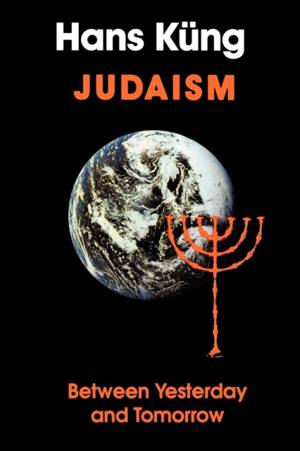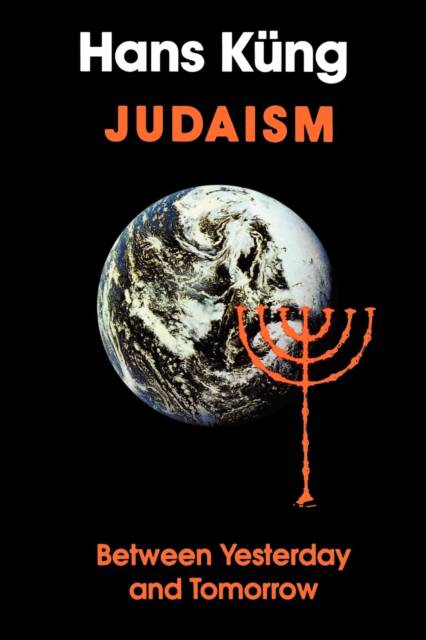
Door een staking bij bpost kan je online bestelling op dit moment iets langer onderweg zijn dan voorzien. Dringend iets nodig? Onze winkels ontvangen jou met open armen!
- Afhalen na 1 uur in een winkel met voorraad
- Gratis thuislevering in België vanaf € 30
- Ruim aanbod met 7 miljoen producten
Door een staking bij bpost kan je online bestelling op dit moment iets langer onderweg zijn dan voorzien. Dringend iets nodig? Onze winkels ontvangen jou met open armen!
- Afhalen na 1 uur in een winkel met voorraad
- Gratis thuislevering in België vanaf € 30
- Ruim aanbod met 7 miljoen producten
Zoeken
Omschrijving
Swiss-German theologian Kung planned this massive synthesis of Christian history and systematic theology as a sequel to his On Being Christian (1976) and as a companion to Judaism (Crossroad, 1992). Ever the Catholic Church's "faithful critic," Kung displays a dazzling breadth of scholarship. Professor of ecumenical theology at the University of Tubingen, he bases his approach on five historical paradigm shifts: Jewish apocalyptic Christianity, early church ecumenism, the Roman system in the medieval papal church, the Reformation, and modern democracy. He notes dominant influences in each, presenting his convictions on the essence of Christianity and moving toward a polycentrism where Orthodox, Catholic, and evangelical traditions are not mutually exclusive. Over 30 diagrams and many stimulating "questions for the future" sidebars are included. Not all readers will accept the views of this Vatican II peritus (nor did the Vatican in 1973). But the work is a remarkable achievement for a church always in need of reform and reformers. Recommended for all theology collections
Specificaties
Betrokkenen
- Auteur(s):
- Uitgeverij:
Inhoud
- Aantal bladzijden:
- 782
- Taal:
- Engels
- Reeks:
- Reeksnummer:
- nr. 1
Eigenschappen
- Productcode (EAN):
- 9780826408198
- Verschijningsdatum:
- 1/04/1995
- Uitvoering:
- Paperback
- Formaat:
- Trade paperback (VS)
- Afmetingen:
- 154 mm x 234 mm
- Gewicht:
- 1079 g

Alleen bij Standaard Boekhandel
+ 508 punten op je klantenkaart van Standaard Boekhandel
Beoordelingen
We publiceren alleen reviews die voldoen aan de voorwaarden voor reviews. Bekijk onze voorwaarden voor reviews.











